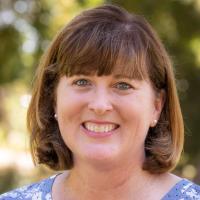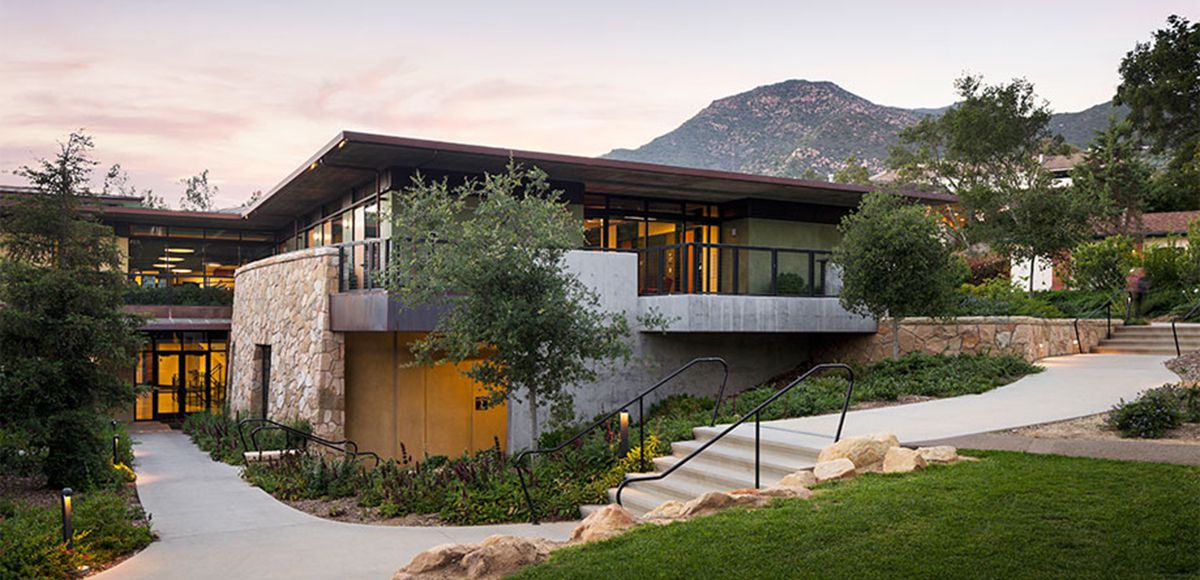Liberal Studies Questions?
Frequently Asked Questions (FAQs)
In California, unlike most other states, those who wish to pursue a career in elementary education generally choose a multi-disciplinary major called Liberal Studies.
The Liberal Studies major is a degree primarily in academic content, allowing you to develop expertise in all of the subjects that are normally taught in the elementary classroom.
Westmont’s Liberal Studies major is a state-approved program for Elementary Subject Matter, aligned with the CSET examination that allows entry into a teacher preparation program for a Multiple Subject (Elementary) credential.
The short answer—generally speaking—is yes.
Many states have what are called reciprocity agreements that establish mutual recognition of the licenses and teacher training acquired outside the teaching candidate’s home state. Traditionally, California has been among the states with the highest number of reciprocity agreements. In other words, a teaching credential from California is widely recognized elsewhere. Whether or not your state has a specific reciprocity agreement with California, you will in all likelihood be allowed to teach back home for a fixed length of time under some sort of provisional license granted by that state on the basis of the preliminary California credential you earned through Westmont. Then once you have a job, you work with the teacher certification office in your home state toward a full credential.
If you know now that you want to teach in a particular state, it may be helpful to contact the specific office of teacher certification for current requirements—see Useful Links on the Department’s web page. Remember, however, that state requirements are often in a state of re-negotiation, and it may not be possible to know exactly where you stand in another state until you have your credential from California in hand.
In many cases, yes. Students who enter college with an unusually strong academic background, who plan carefully from the start, and who are willing to take summer classes may be able to participate in a wide variety of programs—potentially including the Europe semester.
It depends partly, of course, on what specific off-campus program you are considering. A program at a sister liberal arts college where you are able to take classes parallel to those required at Westmont will be more feasible for a broader range of students than a less traditional off-campus program.
Bear in mind that Westmont offers a number of exciting off-campus and global programs during the summer months—programs that are less apt to complicate your schedule than those offered during the academic year. Students who are unable to participate in the Europe semester often enroll in Westmont’s Europe Mayterm.
Please contact us!

